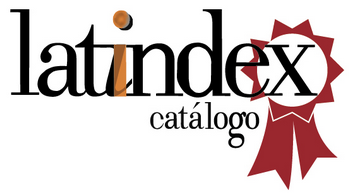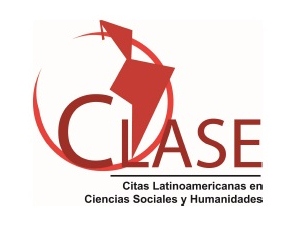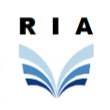¿La lógica formal es útil para argumentar? La utilidad política
Resumen
Recepción: 28 de noviembre de 2016 Aceptación: 20 de diciembre de 2016 En este texto trato de responder a la pregunta de si la lógica formal es de alguna utilidad para las actividades humanas y concretas de argumentación. Para poder responder a la pregunta original, tomo una pregunta más específica: ¿es útil la lógica formal para nuestra argumentación política y jurídica? La respuesta corta es “sí”. Propongo un ejemplo de análisis general de la justificación de actos de autoridad que es tanto lógicamente válido, como novedoso para entender cómo esta tarea de análisis se realiza correctamente. Un análisis de este tipo no es correcto por razones políticas, sino gracias a la lógica y al sentido común. Propongo una manera de analizar formalmente el discurso político, y así mostrar cómo puede ser usado para mejorar nuestra comprensión del mismo, vía el mejoramiento de la claridad y la precisión.Citas
ESTAGIRA, Aristóteles de (1989). Politeia (la Política). (Prólogo, traducción y notas por M. Briceño Jáuregui; estudio preliminar e introducciones por I. Restrepo Abondano). Bogotá, Colombia: Imprenta
Patriótica del Instituto Caro y Cuervo.
ATIENZA, M. (2005). Las Razones del Derecho. México: IIJ-UNAM.
GARSON, J. (Primavera de 2016). “Modal Logic”. En E. N. Zalta (ed.) The Stanford Encyclopedia of Philosophy, recuperado de: http://plato.stanford.edu/archives/spr2016/entries/logic-modal/
HERNÁNDEZ Ortiz, H., R. Parra, y V. M. Peralta del Riego (2015). Falacias y racionalidad. Cancún: Universidad del Caribe.
HUGHES, G. y M. Cresswell (1984). A Companion to Modal Logic. London: Methuen.
PERALTA DEL RIEGO, V. M. (2016). La apelación a la mayoría y los límites a la democracia. Ponencia presentada en el 5to Congreso Internacional de Ciencias Sociales en el Sureste Mexicano.
SIDER, T. (2009). Logic for Philosophy. [Borrador, mayo de 2009]. Recuperado en 2011 de: http://tedsider.org/
SMULLYAN, R. (1961). Theory of Formal Systems. Princeton, New Jersey: Princeton University Press.
Una vez que un texto es aceptado para su publicación en Quadripartita Ratio, sus autores deben firmar dos documentos de carácter legal: una Licencia de uso y una Declaración de autoría.
Con la Licencia de uso, los autores autorizan la publicación de su obra y la difusión de ésta (integración en bases de datos, difusión en nuestras redes sociales, reediciones posibles, etc.). No obstante, se autoriza la descarga, reproducción y distribución de todos nuestros contenidos publicados, siempre que no se modifique el contenido y se indique su origen (nombre de la revista, volumen, número, páginas y dirección electrónica del documento).
Con la Declaración de autoría, los autores manifiestan que la obra es de su autoría, original e inédita.









